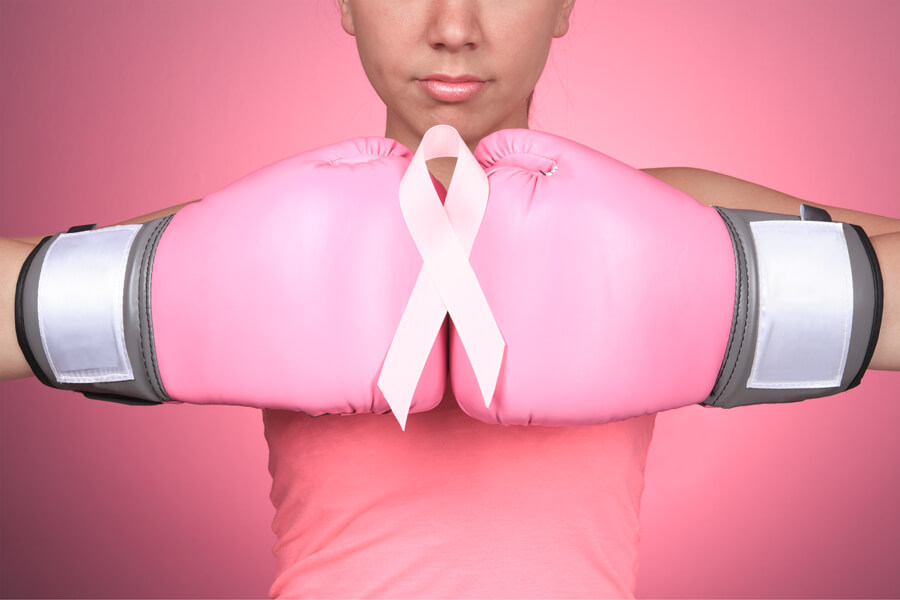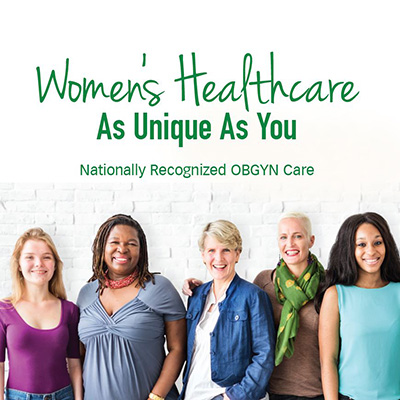Empowered Choices: 8 Vital Steps to Minimize Breast Cancer Risk
- Breast Cancer and Its Risk Factors
- Modifiable Breast Cancer Risk Factors
- Factors that do not Influence Your Breast Cancer Risks
- Summary
Breast Cancer and Its Risk Factor
Breast Cancer is one of the most common cancers worldwide. While half of diagnosed breast cancer cases have no identifiable risk factors, half do.
Some breast cancer risk factors (like being female and getting older) are outside your control. You can’t control these factors.
Today, we will extend this conversation to what we call modifiable risk factors. These are things we can control that influence our risk of developing breast cancer.
Modifiable Breast Cancer Risk Factors
We can take certain actions to help reduce our risk of getting breast cancer. Below, we delve into some modifiable risk factors.
1. Weight
You can get many benefits from maintaining a healthy weight. These benefits are well established in scientific literature. They include lowering the risk of:
- diabetes
- hypertension
- heart disease
- certain types of cancers, including breast cancer
For postmenopausal women, maintaining a healthy weight (a BMI of 25 or less) is associated with a decreased risk of developing breast cancer.
Adipose tissue or fat cells produce more of the estrogen hormone. More circulating estrogen in your body increases the risk of having estrogen-based breast cancers.
2. Tobacco and Alcohol Use
If you smoke, quitting tobacco is one of the most positive ways to impact your health. Tobacco is a known carcinogen linked to many cancers, including lung, head and neck, liver, and cervical cancers.
The link between tobacco and breast cancer is still emerging. The issue is that many women who smoke also drink alcohol. It is sometimes difficult to determine the primary culprit — tobacco or alcohol. Secondhand smoke may also be carcinogenic. If you do not smoke, don’t start. If you smoke, quit.
Women who drink alcohol have an increased risk of developing breast cancer. This risk remains whether you are a low (<1 drink per day) or high (> 3 drinks per day) consumer.
The risk is dose-dependent, meaning the more alcohol you drink, the higher your lifetime risk of developing breast cancer.
Binge drinkers, defined as those who drink six drinks in one setting, have the highest risk.
If you are concerned about your alcohol consumption, read more about that topic here.
3. Low-Fat Diet
A healthy, low-fat diet has many health benefits. A low-fat diet is not only better for your heart health. It can also reduce your risk of developing certain cancers, including colon cancer.
Red meat may increase your risk of developing breast cancer. In contrast, a soy-rich diet or diet high in fiber likely reduces your risk. However, the studies supporting these are not consistent. While the overall health benefit of having a diet low in red meat and high in fiber and soy is beneficial, we cannot conclusively state that this will reduce your risk of developing breast cancer.
While the question of whether a low-fat diet reduces your risk of developing breast cancer is still debated. Studies have been conclusive in showing that a low-fat diet decreases your risk of dying from breast cancer if diagnosed.
4. Increased Estrogen Levels
Women often take hormones through birth control pills or hormone replacement therapy. However, increased levels of circulating hormones in our bodies can increase our risk of developing breast cancer.
Therefore, studies have focused on how birth control pills and post-menopausal hormone replacement therapy influence our risk of developing breast cancer.
The use of birth control pills may cause a small and transient increase in your risk of developing breast cancer. Women with a personal history of breast cancer should not take hormonal birth control.
In one study, the risk was low, at less than twice as likely as women who do not take birth control pills. This increased risk was gradually reduced with time and disappeared within ten years of stopping birth control pills. Other studies have shown no association between using birth control pills and the risk of developing breast cancer.
Women with a personal history of breast cancer should not take hormonal birth control. Women with a family history of breast cancer or breast cancer-susceptible genes, such as BRCA, may take hormonal forms of birth control. You and your doctor will decide whether hormonal or non-hormonal types of birth control are best for you.
5. Menopausal HRT
Researchers have also extensively studied hormone replacement therapy in postmenopausal women.
Your risk of developing breast cancer with hormone replacement therapy depends on whether you have a uterus. Here’s what I mean. In women with a uterus, hormone replacement therapy involves using two hormones — estrogen and progesterone.
Studies show estrogen and progesterone hormone replacement therapy increases your risk of developing breast cancer. However, some argue that the hormones used in one of the original groundbreaking study are now rarely used, and the dose is considerably lower. This suggests that the risk of using today’s dosing of combined hormone replacement therapy is less than those used in the past studies. This may be true, but researchers have not proven this.
For women who have had a hysterectomy and choose to use hormone replacement therapy for menopausal symptoms, you will be using estrogen only. Estrogen therapy alone did not show an increased risk of developing breast cancer.
6. Childbearing and Breastfeeding
Women who have given birth are less likely to develop breast cancer compared to women who have not.
Additionally, having your first child at a younger age also reduces your breast cancer risk. Women having their first child at age 20, 25, and 35 had a breast cancer risk reduction of 20, 10, and 5 percent, respectively, compared to women with no children. Scientists don’t know the reason for this.
Finally, breastfeeding reduces your risk of developing breast cancer. The longer the duration of breastfeeding, the lower your lifetime risk of developing breast cancer. This is because breastfeeding suppresses ovulation. This ovulation suppression causes a decrease in your risk of developing breast cancer.
7. Physical Activity
Women with higher levels of physical activity have less risk of developing breast cancer compared to women who are sedentary or less active. This phenomenon is not just a matter of weight control.
Physical activity reduces the amount of certain hormones circulating in our bodies, such as estrogen, insulin, and insulin-like growth factor. This ultimately reduces your risk of developing breast cancer.
8. Night Shift Work
The International Agency for Research on Cancer and the WHO have designated night shift work as a “probable human carcinogen.” Recently, the National Toxicology Program and the CDC released a report that supports this finding.
Nighttime sleep is associated with an increased release of melatonin. Melatonin plays a role not only in allowing us to sleep but also in helping to inhibit tumor growth and prevent the spread of cancer. Being exposed to light at night reduces the release of melatonin.
The CDC has released tips on ways night shift workers can stay healthy. They also offer training to help combat fatigue and other health challenges connected to working at night.
Factors that do not Influence Your Breast Cancer Risks
Here are some factors that don’t affect your breast cancer risks:
- Abortion
- Antioxidants
- Tubal ligation
- Caffeine intake
- In vitro fertilization
- Cosmetic breast implants
- Hair dyes
Summary
While many risk factors of breast cancer are beyond our control, knowing what can help reduce our risk can make us proactive about our health. You can make informed decisions and regain control of various aspects of your health.
For example, if your risk of breast cancer is high due to family history, you can seek employment that allows you to sleep at night. You may also find it easier to have a low-fat diet or track your alcohol intake, knowing these can seriously influence your health outcomes.
As always, our goal is not to frighten or paralyze you with fear. It is the very opposite. The goal of sharing this information is to empower you with knowledge that puts you back in charge of your health.
Copyright: myObMD, Inc | Author: Dayna Smith, MD | Editor: Jennifer Abayowa | Reviewed October 19, 2023.
References
- Chlebowski, Rowan, MD PhD. Factors that modify breast cancer risk in women. Uptodate.com. Accessed October 19, 2023.
- Roe, Andrea H MD PhD et al. Combined estrogen-progestin contraception: Side effects and health concerns. Uptodate.com. Accessed October 19, 2023.
- Chen, Wendy Y MD, MPH. Menopausal Hormone Therapy and the risk of breast cancer. Uptodate.com. Accessed October 19, 2023.
- International Agency for Research on Cancer Monograph, Volume 124: Night Shift Work. World Health Organization, June 2nd, 2020.


